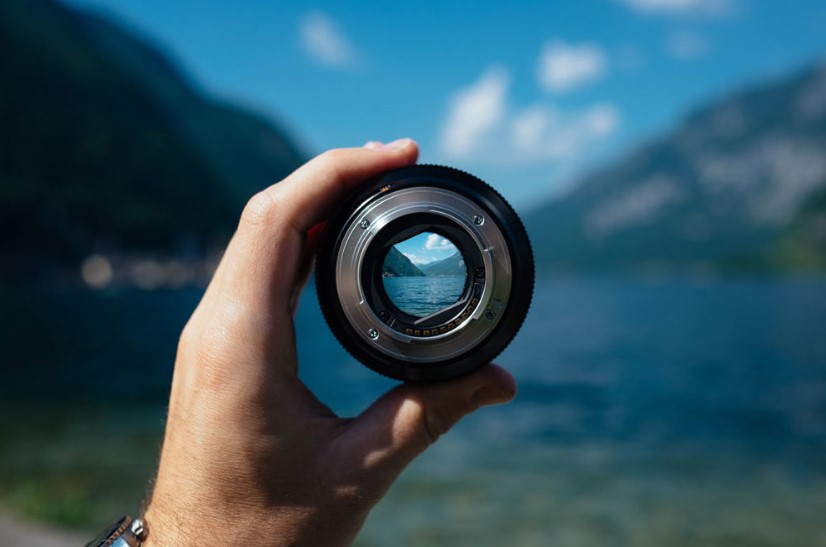
Photography is a captivating art form that allows individuals to capture the beauty of the world through the lens of a camera. Whether you’re an aspiring professional or just a hobbyist looking to explore a new passion, getting started in photography can be an exciting and fulfilling journey. Along with some tips from individuals like Joe Cianciotto, we will guide you through the essential steps to embark on this artistic adventure.
1. Choose Your Camera:
The first step in your photography journey is to select the right camera for your needs and budget. Nowadays, there are various types of cameras available, ranging from smartphones with impressive camera capabilities to sophisticated DSLRs and mirrorless cameras. If you’re just starting and want something user-friendly, a good quality smartphone or a basic point-and-shoot camera can be a great option. However, if you want to take your photography to the next level, investing in an interchangeable lens camera system will provide you with more creative control and versatility.
2. Learn the Fundamentals:
Once you have your camera, take the time to learn its basic functions and features. Understand how to adjust settings like aperture, shutter speed, and ISO, as they play crucial roles in controlling exposure and achieving various visual effects. Familiarize yourself with different shooting modes, like manual, aperture priority, and shutter priority, to gain a deeper understanding of how your camera operates.
3. Composition Matters:
Beyond technical skills, photography is an art of composition. The way you frame your subject and arrange elements in the frame can significantly impact the visual impact of your images. Learn about the rule of thirds, leading lines, symmetry, and other compositional techniques to create more compelling photographs.
4. Experiment and Practice:
Photography is all about trial and error. Don’t be afraid to experiment with different angles, lighting conditions, and subjects. Be patient with yourself as you learn, and allow yourself to make mistakes. The more you practice, the more you’ll develop your eye for detail and hone your photographic skills.
5. Study the Work of Others:
Looking at the work of other photographers can be an excellent source of inspiration and learning. Explore the works of renowned photographers in various genres, from landscape and portrait photography to street and wildlife photography. Observe how they compose their images, use light, and evoke emotions through their photographs.
6. Master Light and Exposure:
Understanding how light works and how it affects your images is one of the most crucial aspects of photography. Learn to identify different types of light, such as natural light, artificial light, and their variations throughout the day. Experiment with exposure to control the brightness and darkness of your images, balancing shadows and highlights effectively.
7. Build Your Photography Skills:
Joining photography courses, workshops, or online tutorials can be immensely beneficial in building your skills. These resources can provide you with structured learning, guidance from experts, and opportunities to interact with fellow photographers, enabling you to grow in your craft.
8. Edit Your Photos:
Post-processing has become an integral part of modern photography. Once you’ve captured your images, consider using photo editing software like Adobe Lightroom or Photoshop to enhance them further. Editing allows you to adjust colors, contrast, and sharpness, and can help bring your vision to life.
9. Share Your Work:
As you progress in your photography journey, don’t hesitate to share your work with friends, family, and the online community. Social media platforms like Instagram and photography forums are great places to showcase your photos and receive feedback from others. Constructive criticism can be incredibly valuable in improving your skills.
10. Embrace Your Unique Style:
Lastly, remember that photography is a form of self-expression. Embrace your unique style and vision as a photographer. Let your passion and creativity guide you as you capture the world through your lens. As you continue to learn and grow, your distinctive approach to photography will develop, setting your work apart from others.
In conclusion, getting started in photography is a journey filled with discovery, creativity, and growth. With the right camera, dedication to learning, and practice, you can immerse yourself in the art of photography and capture breathtaking moments that tell stories and evoke emotions. So, grab your camera, step out into the world, and start capturing the beauty around you!
